
When we reflect on the **foundations of modern Europe**, one name that prominently emerges is that of **Robert Schuman**. Born on June 29, 1886, in the small town of Luxembourg, Schuman’s life story is a remarkable testament to resilience and vision. His journey from humble beginnings to becoming a key architect of European integration is both inspiring and significant. Throughout his career, Schuman played an instrumental role in shaping the political landscape of Europe, advocating for unity and cooperation among nations. In this article, we will explore the various facets of his life, his notable contributions to European politics, and the enduring legacy he left behind in the pursuit of a united Europe. Schuman’s efforts not only laid the groundwork for the European Union but also fostered a spirit of collaboration that continues to influence international relations today. Join us as we delve into the life and achievements of this remarkable statesman, whose vision for a united Europe remains relevant in contemporary discussions about unity and cooperation among nations.
Early Life and Education
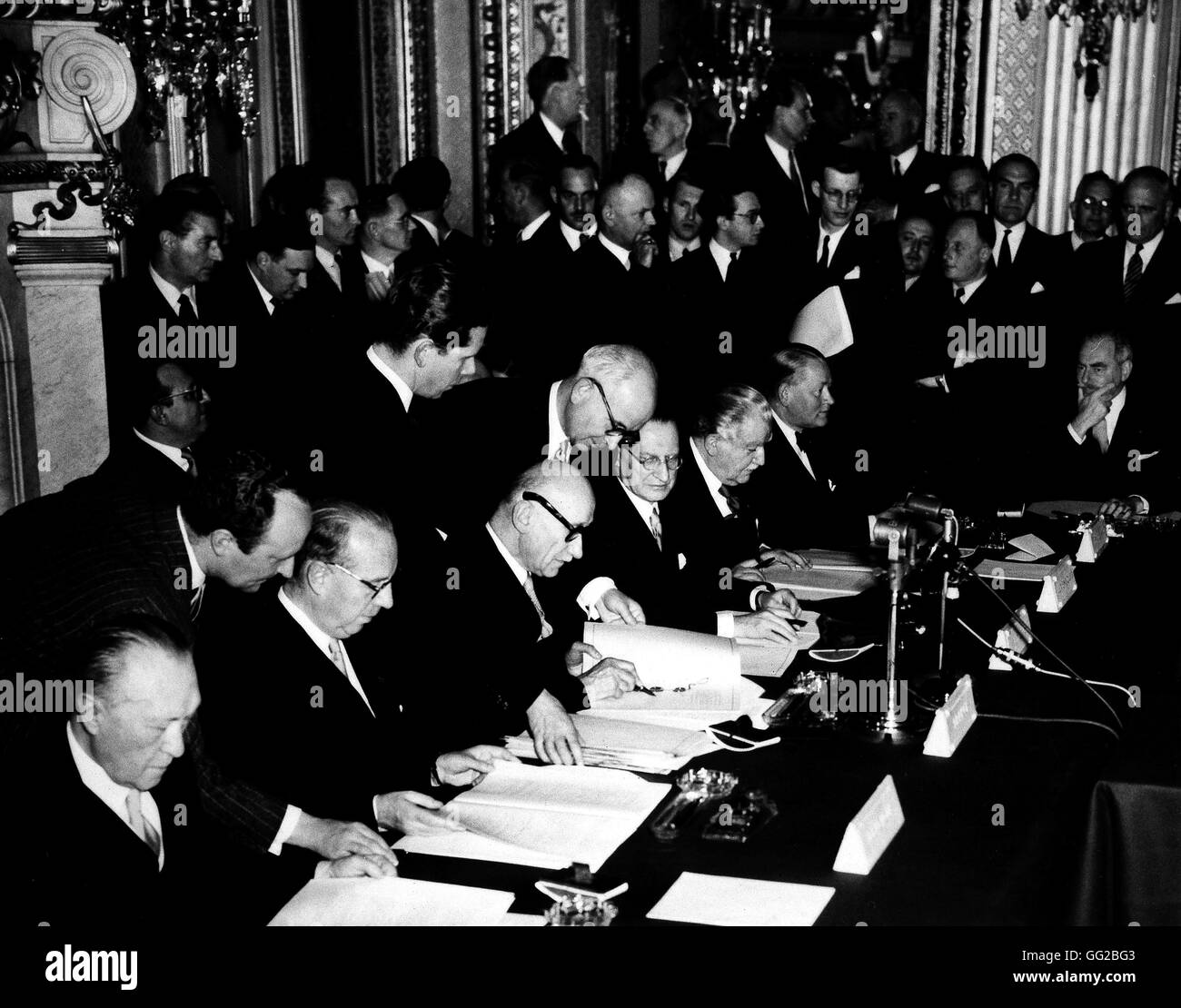
Roots in Luxembourg
Robert Schuman’s formative years were profoundly influenced by his **Luxembourgian heritage**, which played a crucial role in shaping his worldview. Growing up in a vibrant, multicultural environment, he was exposed to a rich tapestry of cultures, languages, and traditions. This diverse upbringing allowed him to cultivate a nuanced understanding of the complexities surrounding European identity and the various factors that unite and divide nations. Such experiences would later serve as a cornerstone for his vision of a united Europe, where cooperation and mutual respect among nations would be paramount in fostering peace and stability across the continent.
Academic Pursuits
Following his relocation to France, Schuman embarked on an academic journey that would lay the foundation for his future political career. He dedicated himself to the study of law and political science, immersing himself in the intricacies of governance and the dynamics of power. His education extended beyond mere textbooks; it involved a deep exploration of the mechanisms that drive political systems and the importance of civic engagement. This comprehensive understanding of political structures and their impact on society would equip him with the tools necessary to navigate the complex landscape of European politics and advocate for a more integrated Europe.
Political Career: A Rising Star

Entry into Politics
Robert Schuman’s foray into the political arena commenced in 1919 when he was elected as a member of the **French National Assembly**. From the very beginning of his political career, Schuman demonstrated an unwavering commitment to public service and the welfare of his constituents. He immersed himself in the legislative process, advocating for policies that would benefit the people he represented. His dedication to improving the lives of those in his community laid a strong foundation for his future endeavors in politics, establishing him as a prominent figure in the French political landscape.
World War II: A Turning Point
The onset of World War II marked a significant and harrowing chapter in Schuman’s life, particularly during the German occupation of France. This period was fraught with danger and uncertainty, and in 1940, he was arrested by the **Gestapo**, facing severe challenges and threats to his life. Despite these daunting circumstances, Schuman’s indomitable spirit shone through. He managed to escape captivity in 1942, and instead of retreating from the struggle, he became actively involved in the **Résistance** movement. His courageous actions during this tumultuous time not only underscored his resilience but also highlighted his unwavering dedication to the principles of freedom and democracy, which would later influence his post-war political initiatives.
The Birth of the European Coal and Steel Community
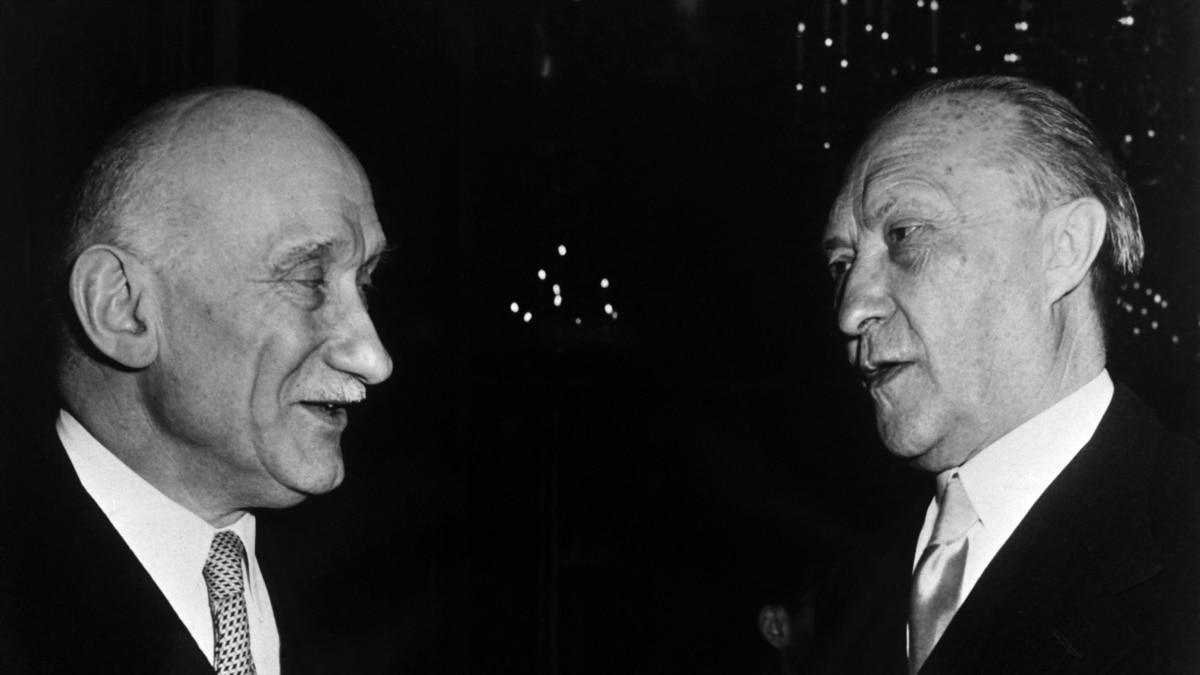
The Schuman Plan: A Vision for Unity
In the pivotal year of 1950, French Foreign Minister Robert Schuman introduced the **Schuman Plan**, a revolutionary initiative designed to promote economic cooperation between France and Germany. This proposal transcended mere economic interests; it aimed to create a framework for lasting peace in Europe by establishing **economic interdependence** between these historically rival nations. By intertwining their economies, Schuman believed that the likelihood of future conflicts could be significantly diminished, fostering a spirit of collaboration and mutual benefit instead.
Formation of the ECSC
The Schuman Plan served as the foundational blueprint for the creation of the **European Coal and Steel Community (ECSC)**, which was officially established in 1952. This landmark development represented the first concrete step towards a more unified Europe, aligning with Schuman’s ambitious vision of a **”United States of Europe.”** The ECSC not only facilitated cooperation in the coal and steel industries but also set a precedent for further integration among European nations, ultimately paving the way for the European Union as we know it today. Schuman’s foresight and commitment to unity have left an enduring legacy that continues to influence European politics and economics.
Key Contributions to European Integration

From ECSC to EEC
The ECSC was just the beginning. Schuman’s efforts paved the way for the **European Economic Community (EEC)** in 1958, which further solidified economic ties among member states. It was like planting seeds that would grow into a robust tree of unity.
Leadership Roles
Throughout his career, Schuman held various significant positions, including **Minister of Finance**, **Premier**, and **Foreign Minister**. Each role allowed him to influence policies that promoted European cooperation and integration.
President of the Common Assembly
From 1958 to 1960, Schuman served as the **President of the Common Assembly**, the consultative arm of the Common Market. His leadership during this time was crucial in shaping the future of European governance.
Schuman’s Vision: A United Europe

Political and Economic Unity
Schuman believed that **political and economic unity** were essential for lasting peace in Europe. His vision was not just about treaties and agreements; it was about creating a shared identity among European nations.
Franco-German Rapprochement
One of Schuman’s key strategies was to foster a **Franco-German rapprochement**. By promoting collaboration between these two historically rival nations, he aimed to build a foundation for a peaceful Europe.
Challenges and Triumphs
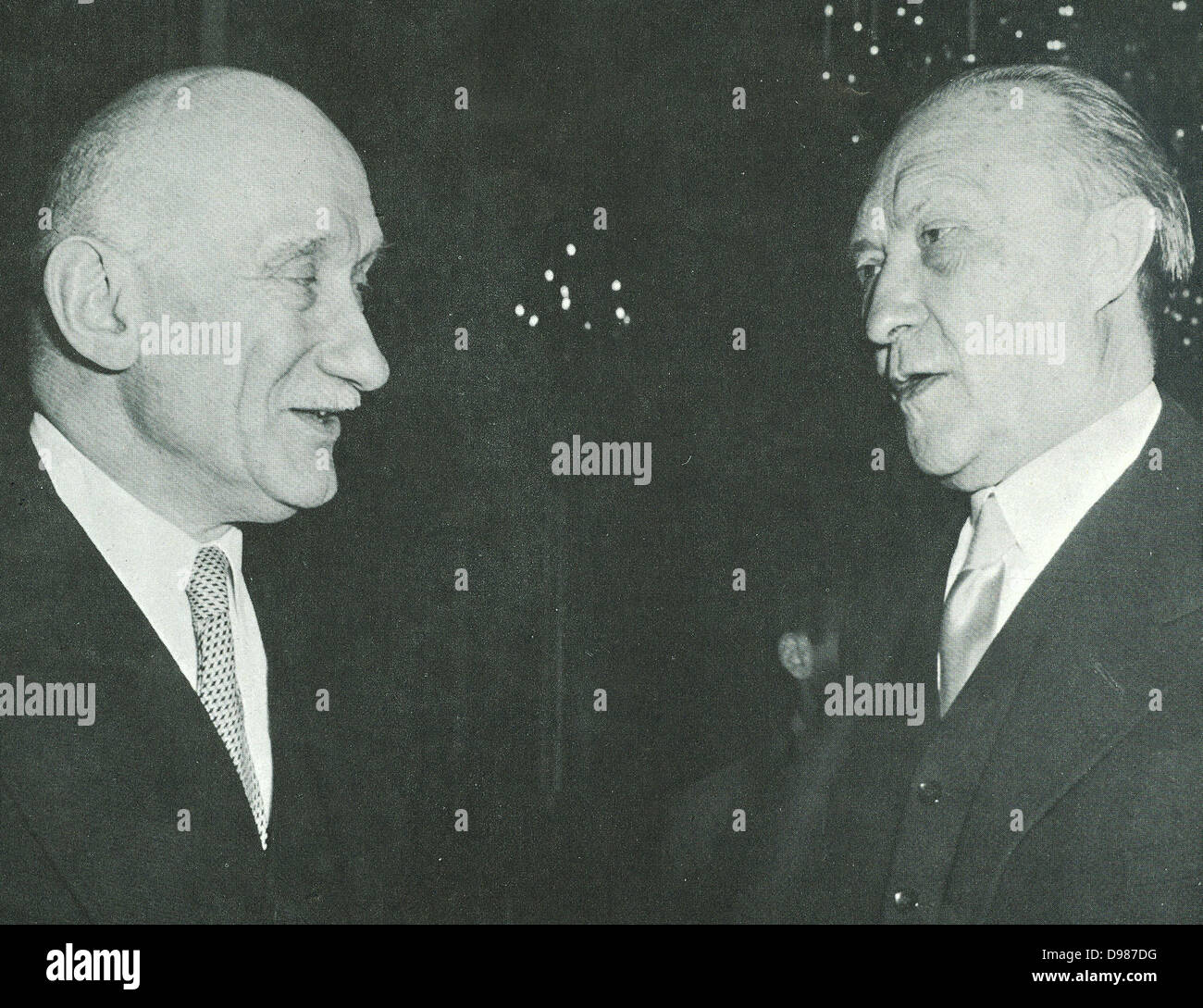
Resistance to Integration
Despite his efforts, Schuman faced significant resistance to European integration. Many were skeptical about the idea of pooling sovereignty. But like a skilled gardener, he nurtured the idea until it blossomed into acceptance.
Legacy of Leadership
Schuman’s leadership style was characterized by diplomacy and vision. He understood that building a united Europe required patience and perseverance. His legacy continues to inspire leaders today.
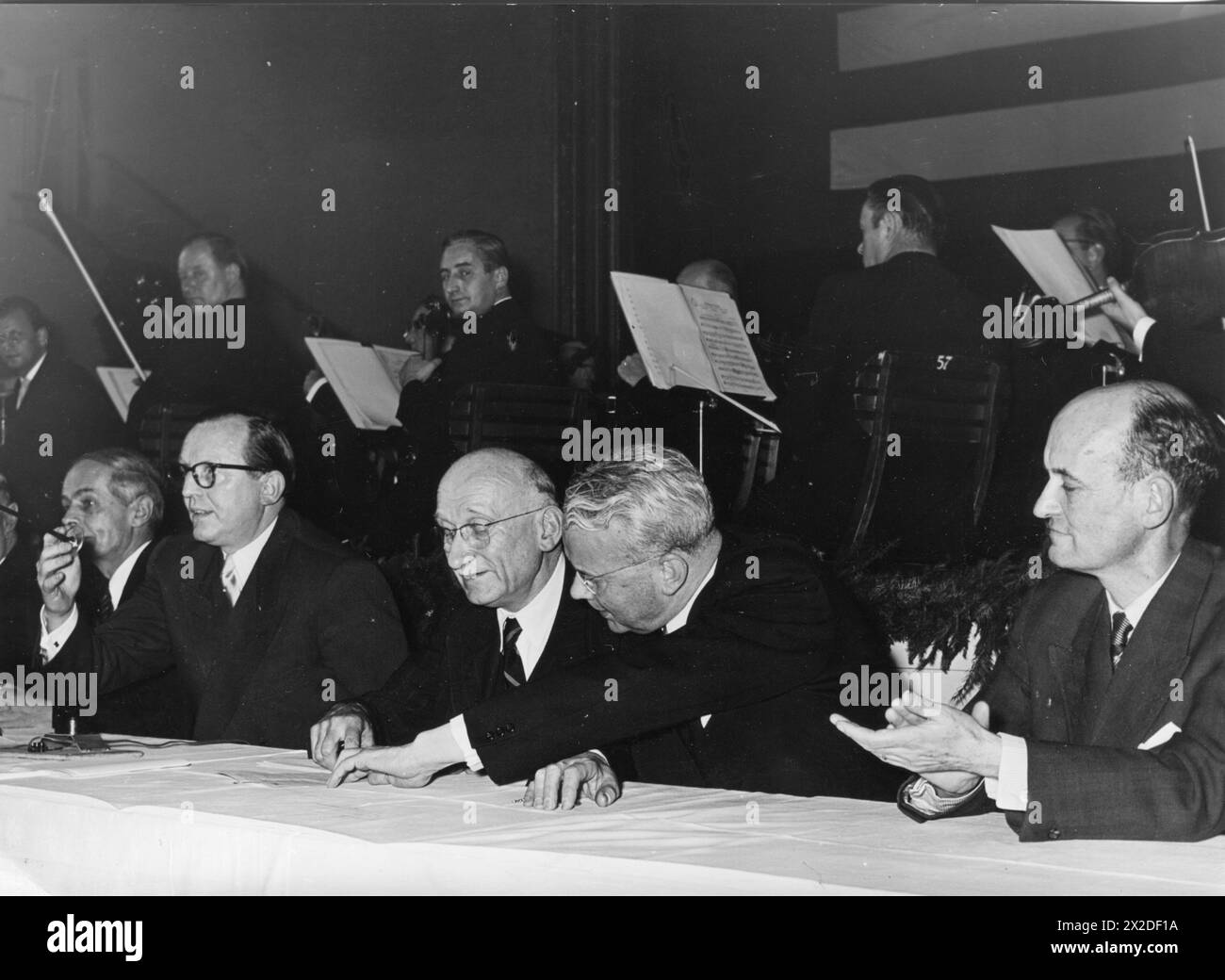
Robert Schuman passed away on September 4, 1963, but his legacy lives on. His vision for a united Europe has become a reality, with the **European Union** standing as a testament to his efforts. Schuman’s life teaches us that with determination and collaboration, we can overcome even the most daunting challenges.
Table: Key Milestones in Robert Schuman’s Life

| Year | Event |
|---|---|
| 1886 | Born in Luxembourg |
| 1919 | Elected to the French National Assembly |
| 1940 | Arrested by the Gestapo |
| 1942 | Escaped and joined the Résistance |
| 1950 | Unveiled the Schuman Plan |
| 1952 | Established the ECSC |
| 1958 | Formation of the EEC |
| 1963 | Died in Metz, France |
Final Thoughts
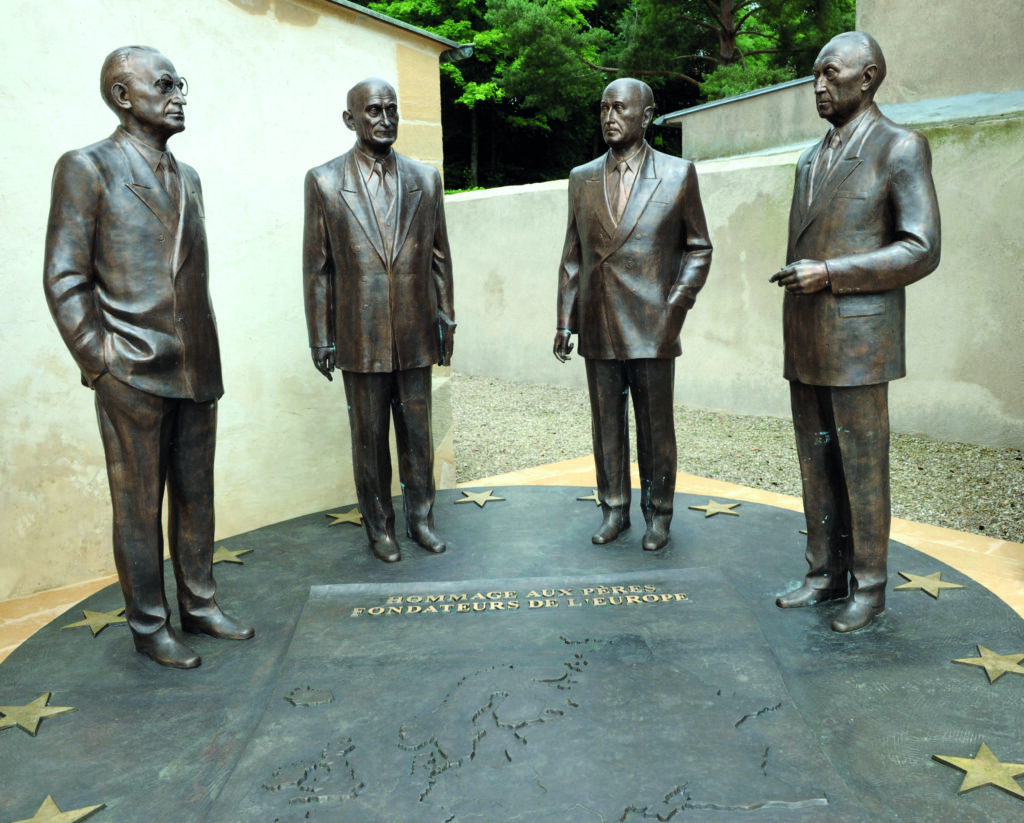
Robert Schuman’s life and work remind us that the path to unity is often fraught with challenges. Yet, through collaboration and a shared vision, we can create a future that honors our past while embracing the possibilities of tomorrow. So, what can we learn from Schuman’s journey? Perhaps it’s that the dream of a united Europe is not just a political goal, but a shared aspiration for peace and prosperity.

